Part of an ongoing series on how to use supplement and behavior-based plans to treat common maladies. To read the detailed supplement plans, order supplements, or download the patient resource sheets, go here to create a free patient account at Fullscript by entering your name and email address: Dr. Mark McDonald’s Fullscript dispensary
I advocate for the use of supplements to fill nutritional deficiencies in our diet, but an often overlooked downside of many supplements is their poor absorption. Mega-dosing vitamins that can’t be properly absorbed into our bodies is worth than useless—it some cases that prevents absorption of other essential nutrients. Zinc is one example. High levels of zinc supplementation reduce the aborption of copper and can, in some cases, cause copper deficiency. For that reason, I often recommend dried beef liver capsules for essential mineral supplementation, as they provides a massive amount of bioavailable iron, magnesium, calcium, phosphorus, zinc, copper, manganese, selenium, thiamine, riboflavin, niacin, and folate.
What about vitamins?
Most fat soluble vitamins (vitamins A, E, D, K) must be obtained through either sunlight conversion or animal products. This is largely true for water-soluble vitamins as well, with the exception of vitamin C, which only comes from vegetables and fruit, primarily citrus. Mega-dosing vitamin C has been properly for many years, as some believe vitamin C prevents or treats infections. Unfortunately, most vitamin C sold in supplement form is made from ascorbic acid, which is a derivative of genetically modified corn. Taking large amounts of ascorbic acid has been shown to reduce circulating levels of antioxidants, increase cancer risk, and lead to arterial wall thickening.
If you take daily vitamin C supplements, how can you continue to receive the health benefit while mitigating these risks? The answer is natural vitamin C, obtained directly from whole foods rich in that vitamin. And no, that doesn’t mean eating a sack of oranges every day.
The kakadu plum, a native fruit of Northern Australia, has the highest concentration of naturally occurring vitamin C of any food in the world—over 3,000% of the Recommended Daily Allowance (RDA) in 100g of fruit, compared to just under 60% in the equivalent size serving of oranges. Unfortunately, the kakadu plum doesn’t store well and loses much of its vitamin C potency once it’s been picked from the tree. Although it can be purchased in frozen form, I have never seen it for sale in any retail stores. In addition to containing massive amounts of natural vitamin C, it is also rich in copper, iron, dietary fiber, ellagic acid (an anti-inflammatory, anti-microbial, and anti-cancer agent), and anti-oxidants.
You can obtain kakadu plum in supplement form from Smidge, a small-batch supplement company that uses only whole foods in its products and never fortifies with synthetic vitamins. Although many of Smidge’s products are available for purchase through Fullscript, some, like its Kakadu plum supplement, can only be purchased from the Smidge website. If you use the code IDM at checkout, you’ll receive 10% off your order.
Supplements, as with food, are always healthier in their most natural form—unprocessed, with no additives or synthetic ingredients.
To access my supplement plans, you must first create a free patient account at Fullscript by entering your name and email address: Dr. Mark McDonald’s Fullscript dispensary Watch a one-minute video on how to create an account here.


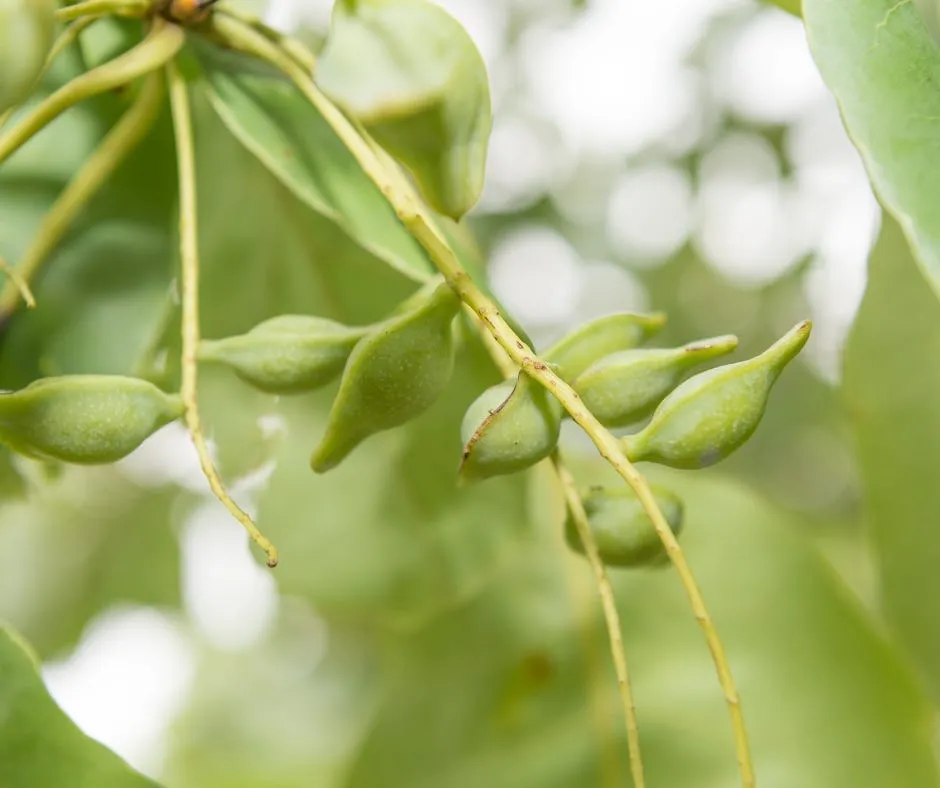
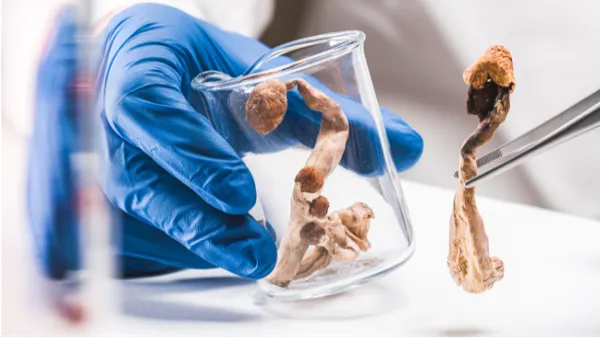
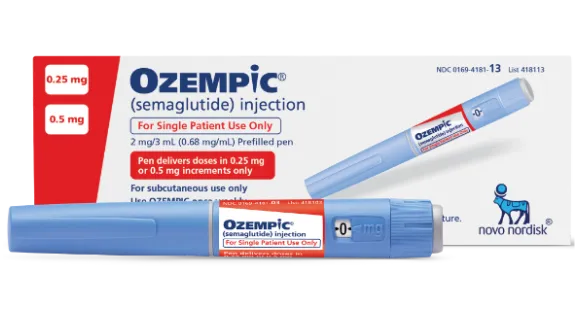
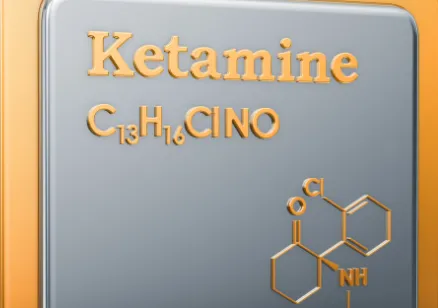

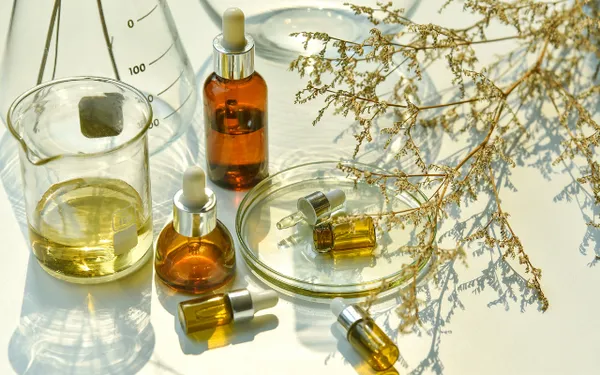
Member discussion